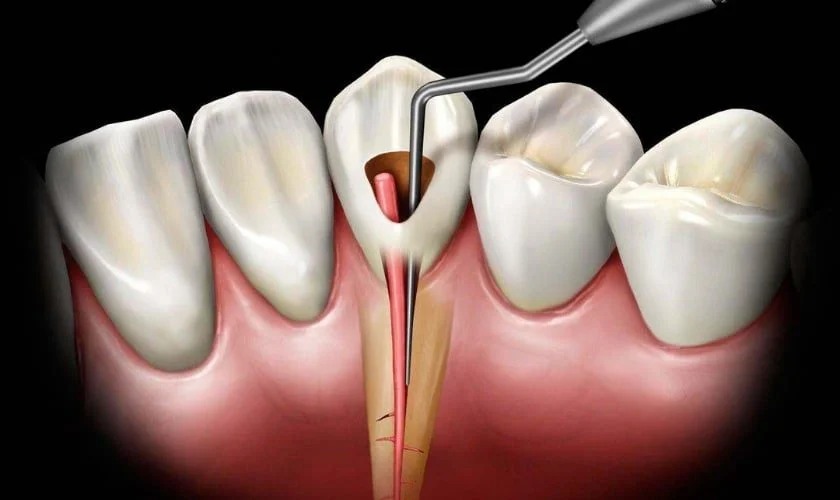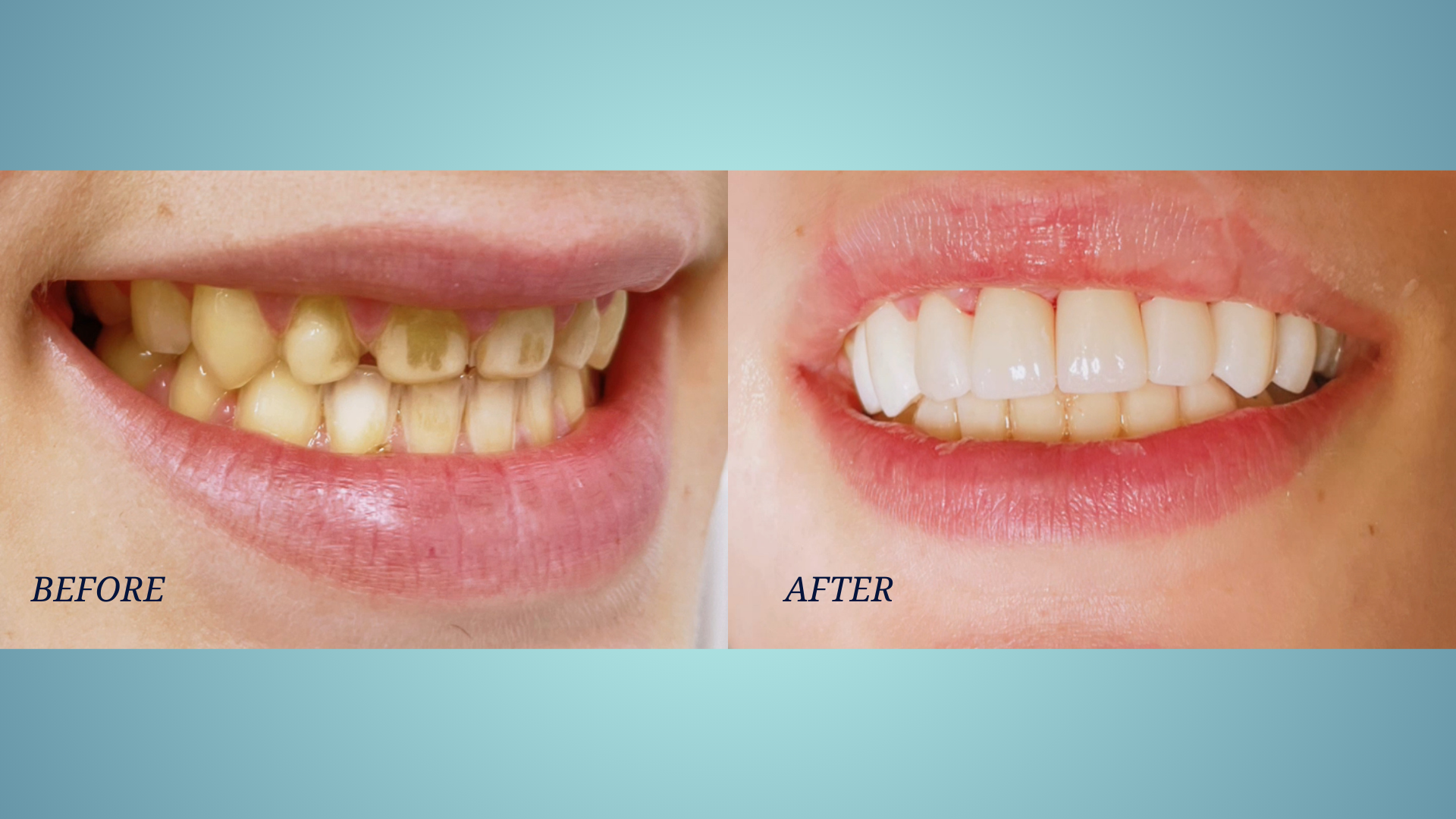before and after
A radiant smile is often considered the universal symbol of confidence and well-being. However, various factors can contribute to damaged teeth, impacting both the appearance and functionality of our smiles. In this article, we'll delve into the common causes of damaged teeth, ranging from eating disorders to unhealthy lifestyle choices, and explore effective dental solutions to restore that perfect smile.
Causes of Damaged Teeth:
1. Anorexia Nervosa and Bulimia Nervosa:
Individuals grappling with Anorexia Nervosa or Bulimia often experience dental problems due to malnutrition and frequent vomiting. The stomach acids released during vomiting can erode tooth enamel, leading to increased sensitivity, decay, and a weakened overall structure.
2. Teeth Erosion from Soft Drinks:
The love for soft drinks is widespread, but the high acidity levels in these beverages can erode tooth enamel over time. This erosion weakens the teeth, making them more prone to chips, cracks, and decay.
3. Teeth Grinding (Bruxism):
Stress and anxiety can manifest as teeth grinding, a condition known as bruxism. Over time, this habit can wear down the teeth, causing fractures, sensitivity, and even changes in tooth alignment.
4. Stained Teeth from Coffee and Red Wine:
Coffee and red wine enthusiasts may find themselves facing stained teeth. The dark pigments in these beverages can penetrate the enamel, leading to discolouration. Poor oral hygiene practices can exacerbate this issue.
5. Unhealthy Lifestyles:
Smoking and excessive alcohol consumption can have detrimental effects on oral health. Smoking can stain teeth, cause gum disease, and increase the risk of tooth loss. Excessive alcohol consumption is linked to dry mouth, a condition that promotes tooth decay.
Fixes for Damaged Teeth:
1. Veneers:
Veneers are thin shells of porcelain or composite resin custom-made to cover the front surface of teeth. They can conceal a variety of imperfections, providing a natural-looking and durable solution.
2. Crowns:
Dental crowns are caps that cover damaged or weakened teeth, restoring their strength and appearance. They are often recommended for more extensive damage or after a root canal procedure.
3. Composite Bonding:
Composite bonding involves the application of a tooth-coloured resin to repair minor chips, cracks, or gaps. While cost-effective, it's essential to inform patients that composite materials may stain over time.
4. Porcelain Restorations:
Porcelain veneers and crowns offer superior durability and resistance to staining compared to composite materials. While costlier, they provide a long-lasting and aesthetically pleasing solution.
Smile makeovers are achievable through modern dental solutions that cater to various causes of damaged teeth. Whether it's addressing the effects of an eating disorder, combating the impact of acidic beverages, or restoring the damage from teeth grinding, dentistry offers a range of options. It's crucial for patients to work closely with their dentists to choose the most suitable and personalised solutions for their unique needs, ensuring a beautiful and healthy smile that lasts a lifetime.




